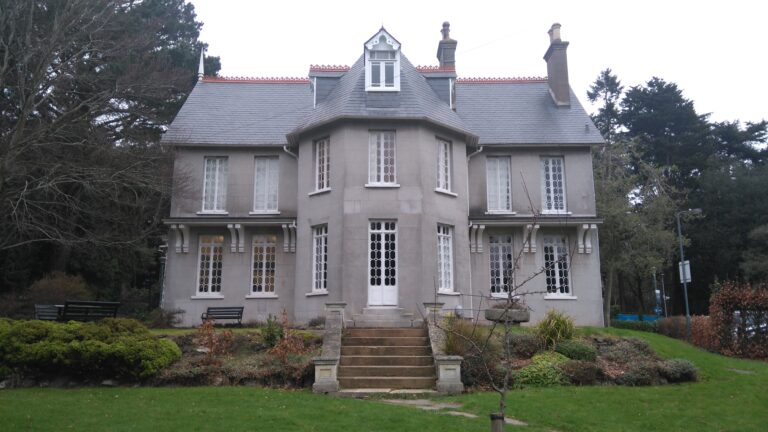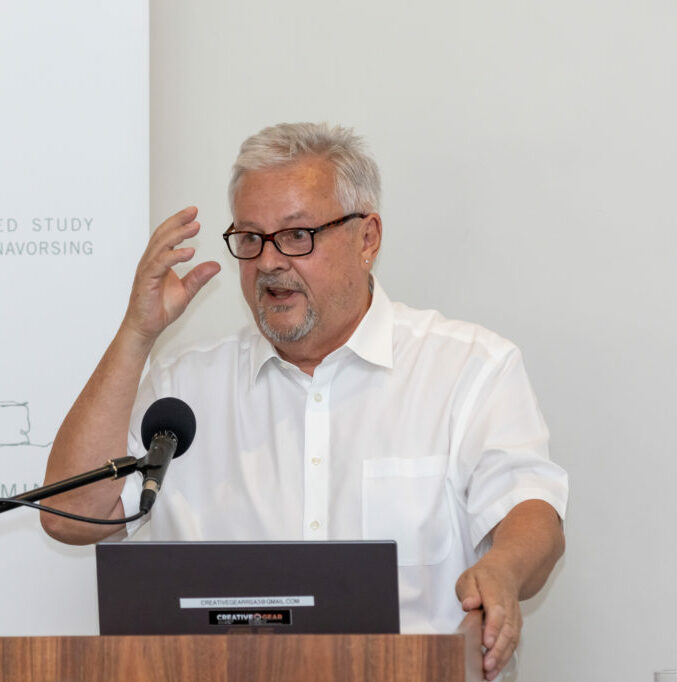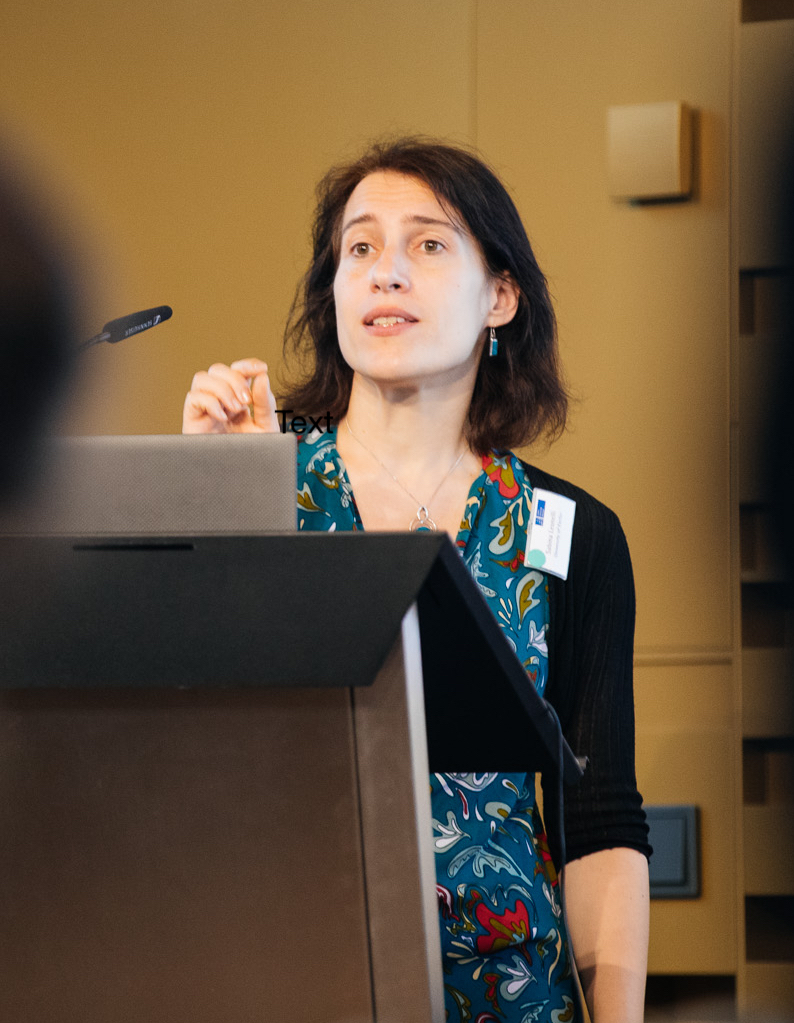John Dupré and Sabina Leonelli
We are arguably at a moment where science studies, and STS more broadly, are expanding hugely, taking in a large variety of disciplinary perspectives and at the same time merging with broader interdisciplinary and transdisciplinary endeavours to understand and tackle the pressing challenges of our time. In our view, the philosophy and history of science need to be kept at the core of this enterprise, in very close dialogue with social studies approaches and methods, and in collaboration with the natural sciences. This is not an easy act to juggle, yet we strongly believe that bringing together philosophical, historical and social scientific scholarship is crucial especially when wishing to retain a critical perspective on the place of science and technology in society. It is on this belief that Egenis, the Exeter Centre for the Study of the Life Sciences, has operated over the last 22 years.
Like many successful institutions, Egenis (https://sociology.exeter.ac.uk/research/sts/egenis)began with money. Specifically, 2.5 million pounds from the UK Economic and Social Science Research Council (ESRC) in 2003. This was part of a major effort by the ESRC to support research on genomics, hence our original name, the ESRC Centre for Genomics in Society. As a philosopher applying to such a funding body, founding director John Dupré had to produce a very interdisciplinary proposal. Fortunately, the celebrated sociologist of science Barry Barnes, and a highly experienced genome scientist, Steve Hughes, were persuaded to join as Co-Is. This interdisciplinarity, manifested as strong collaboration between humanists, social scientists and natural scientists, has been a strength of Egenis from its beginnings to the present day: the centre is a place where philosophers, historians, sociologists, geographers, anthropologists (and other disciplines broadly affiliated with science and technology studies), biologists, cognitive scientists, biomedical researchers, data scientists and engineers come together to discuss, reflect, conduct research, learn from each other, and co-produce knowledge and interventions. We also have long cultivated links to the arts, with artists in residence gracing our discussions with their insight and perspective – examples include Deborah Robinson, Gemma Anderson and currently Jacob van der Beugel. And over the years we have benefitted from a wonderful cohort of Masters and PhD students, both based in Exeter and visiting from all over the world, who contributed understanding and creativity in ways that challenged and inspired us all. Last but not least, the centre as a whole is strongly committed to creative forms of public engagement and co-designed research, ranging from the development of games and exhibits (even soap-operas www.amorsecuestrado.com ) to interact with various publics. It has made frequent interventions in national and international policy-making over research and its impact on society.
Our work is structured around four key research strands, each of which organises regular activities including discussion and reading groups, and which interact weekly through our Egenis seminar series (https://sociology.exeter.ac.uk/research/sts/egenis/activities/events/) and the Egenis Research Exchange (https://exeterbig.wordpress.com/), a reading group dedicated to providing constructive feedback on our own work. The strands include: Biology & Environment; Data, Knowledge and AI; Health and Biomedical Research; and Mind, Body and Culture (https://sociology.exeter.ac.uk/research/sts/egenis/research/). Each Egenis member is invited to join at least two such strands, to ensure communication and at least partial overlap among these activities; and Egenis seminars are usually given by scholars whose work speaks to at least two, if not all, the strands.
Needless to say, a key determinant of the strength of an institution is the people it includes, and in this regard we have been very fortunate, with past research fellows including many names that may be familiar to most readers of this publication. Our first intake of research fellows included Jane Calvert, Paula Saukko, Christine Hauskeller and Hannah Farrimond, and early subsequent appointments included Maureen O’Malley, Staffan Müller-Wille and our present Director, Sabina Leonelli. Ginny Russell, who was a member of Egenis at its outset as our Communications Director, did a PhD in Egenis in Medical Sociology, and is now a Professor of Sociology and a co-lead of our research strand on Health and Biomedical Research—provides a personal microcosm of the various kinds of role on which Egenis depends. A collection of people doing interesting and overlapping research engenders a wonderful kind of positive feedback, and has attracted a constant and growing stream of visitors.
Two other ingredients of success that must be mentioned are space and administration. With regard to the former we were very fortunate in acquiring a donation that enabled the refurbishment of a partly derelict but beautiful Victorian mansion on the Exeter campus that has now been home to Egenis for many years (Picture 1). For the latter, we have been blessed with two long term administrators, Cheryl Sutton and now Chee Wong, who have for long periods been the force behind the success and smooth running of so many of our projects.

The difficulty with projects funded by major donors is that the funding almost always runs out. Often this is the beginning of the end for such projects. Almost £7 million from the ESRC over ten years was hard to replace. One factor that helped us survive was our embedding in a department, then the department of Sociology and Philosophy, soon to add Anthropology. Egenis and the department had, to a considerable extent coevolved, and a large proportion of the department staff had intellectual connections to Egenis. This was also an opportunity to broaden our remit, marked by a change in our name to the Centre for the Study of Life Sciences. Numerous appointments in our host department have provided additional people in all three of these disciplines who have central interests in the life sciences and are regular contributors to our activities. These include philosophers of biology, medicine, cognitive science, data science and psychology, and sociologists and anthropologists of science, technology and medicine.
The biggest challenge is to maintain a flow of resources, and the turning point in our transition to an independent institute was the acquisition by both of us of major ERC grants, on Process Biology (JD), Data Science and Open Science (SL). These did much to convince the University that we remained a viable long-term project, and subsequent funding successes have confirmed this judgement.
Moving from the institutional to the intellectual, the factor that has perhaps done most to establish the position of Egenis in the academic world is our international connections. These have developed in various ways. One has been our frequent hosting of workshops and conferences [URL: https://sociology.exeter.ac.uk/research/sts/egenis/activities/events/ ]. As well as very numerous focused workshops on particular topics of our research, we have over the years hosted the major meetings of the International Society for the History Philosophy and Social Studies of Biology, the European Philosophy of Science Association, the Society for the Philosophy of Science in Practice and the British Society for Philosophy of Science. We are at the moment preparing to host a major international conference celebrating our 20+2 anniversary on April 17-19 2024, to which all STS colleagues are warmly invited (information and registration here: https://sociology.exeter.ac.uk/research/sts/egenis/conference/ ).
Most important, however, has been the flow of people. These have included a large number of postdocs and PhDs who have spent substantial parts of their early careers at Egenis, and a constant flow of visitors from a few days to several months. This has been greatly enabled by two factors already mentioned, our building, which provides a space in which visitors can expect to react with ourselves and one another on a daily basis, and our administrators who have worked tirelessly to make the mechanics of visiting Egenis work smoothly. We cannot estimate the proportion of scholars in Philosophy, STS, and the Social Sciences engaged with the life sciences who have visited Egenis, but it is very substantial. And, of course, Egenis scholars have regularly visited other centres around the world with shared interests. It is this, the personal relations built up over two decades, that is most fundamental to the position that Egenis has established in its inter- and multi-disciplinary arena.
Author Biography

John Dupré, University of Exeter and Consulting Director of Egenis
John Dupré is Professor of the Philosophy of Science, University of Exeter and Consulting Director of Egenis, The Centre for the Study of Life Sciences, which he founded in 2002. He has previously held posts at Oxford, Stanford, and Birkbeck College, London. He advocates a radically processual understanding of living systems, summarised in his most recent book, The Metaphysics of Biology (2021). He is a Fellow of the American Association for the Advancement of Science, an Honorary International Member of the American Academy of Arts and Science and of the American Philosophical Society.

Sabina Leonelli, University of Exeter
Sabina Leonelli is Professor of Philosophy and History of Science at the University of Exeter, Director of the Centre for the Study of the Life Sciences (Egenis), lead of the “Data Governance, Ethics and Openness” strand of the Exeter Institute for Data Science and Artificial Intelligence, and Principal Investigator for the project “A Philosophy of Open Science for Diverse Research Environments” (www.opensciencestudies.eu). Her work spans data modelling, governance and AI-powered analysis across the biological, environmental and health sciences; and open science and related transformations in the global research landscape.